Spotlight on Saffron Uses in Azerbaijani Dishes
13 min read Discover how saffron enriches Azerbaijani dishes with vibrant color and unique flavor in this insightful culinary exploration. September 26, 2025 12:05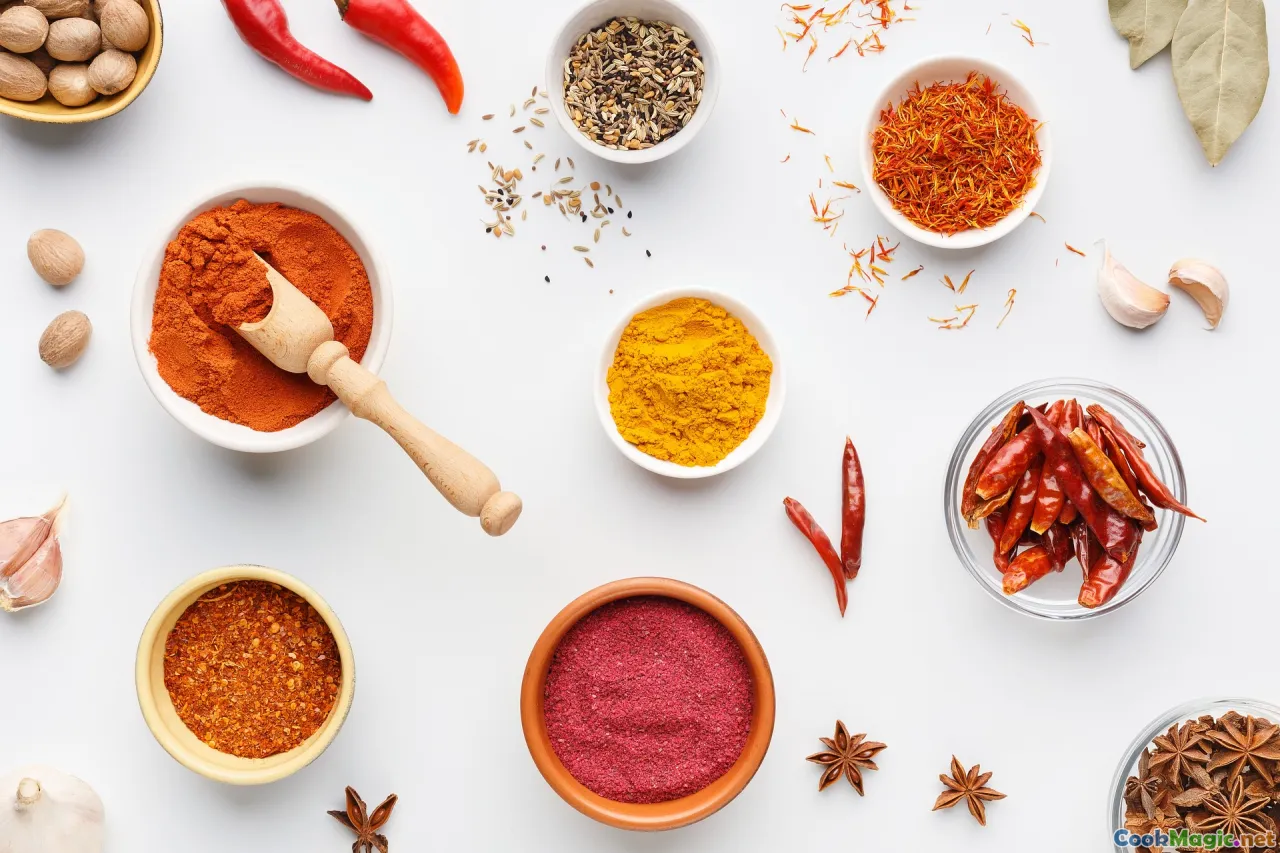
Spotlight on Saffron Uses in Azerbaijani Dishes
Few spices have captured the imagination and palate of Azerbaijani cuisine quite like saffron. Its vibrant golden hue, delicate aroma, and subtle bitterness weave a sensory tapestry that elevates traditional dishes from mere sustenance to cultural masterpieces. For Azerbaijanis, saffron isn’t just an ingredient; it’s an emblem of richness, history, and artistry—intertwined with centuries of culinary traditions nestled within the country’s vast landscapes.
Throughout this exploration, we will peel back the layers of saffron's role in Azerbaijani cooking, sharing personal insights, historical contexts, and vivid descriptions of dishes that showcase this precious spice’s unique charm.
The Cultural Essence and Historical Roots of Saffron in Azerbaijan
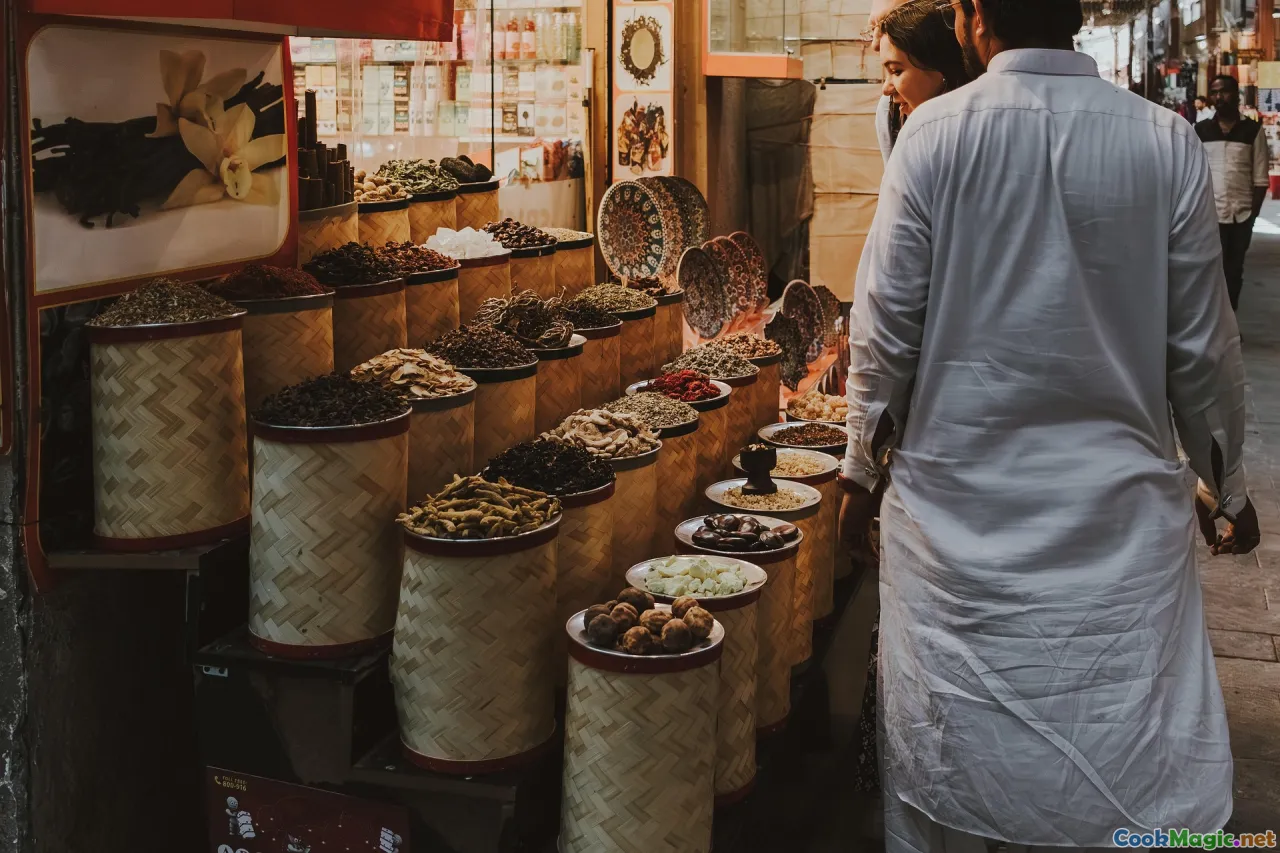
Azerbaijan, situated at the crossroads of East and West, boasts a cuisine that is as diverse as its landscapes—from the lush subtropical coasts of the Caspian Sea to the rugged mountains of the Caucasus. Saffron’s historical roots in the region date back to antiquity, with traces of its trade flourishing along ancient Silk Road routes. Though often associated with Persian and Mediterranean cuisines, Azerbaijan's usage of saffron reflects a broader culinary dialogue that has evolved over thousands of years.
Historically, saffron was treasured not just for flavor but also as a medicinal herb—believed to have healing properties that could regulate menstruation, improve digestion, and purify blood. In rural Azerbaijan, saffron was a prized commodity, often reserved for special occasions, weddings, and religious festivals, woven into the fabric of cultural identity.
Saffron’s Distinctive Sensory Profile: Why Azerbaijanis Cherish It
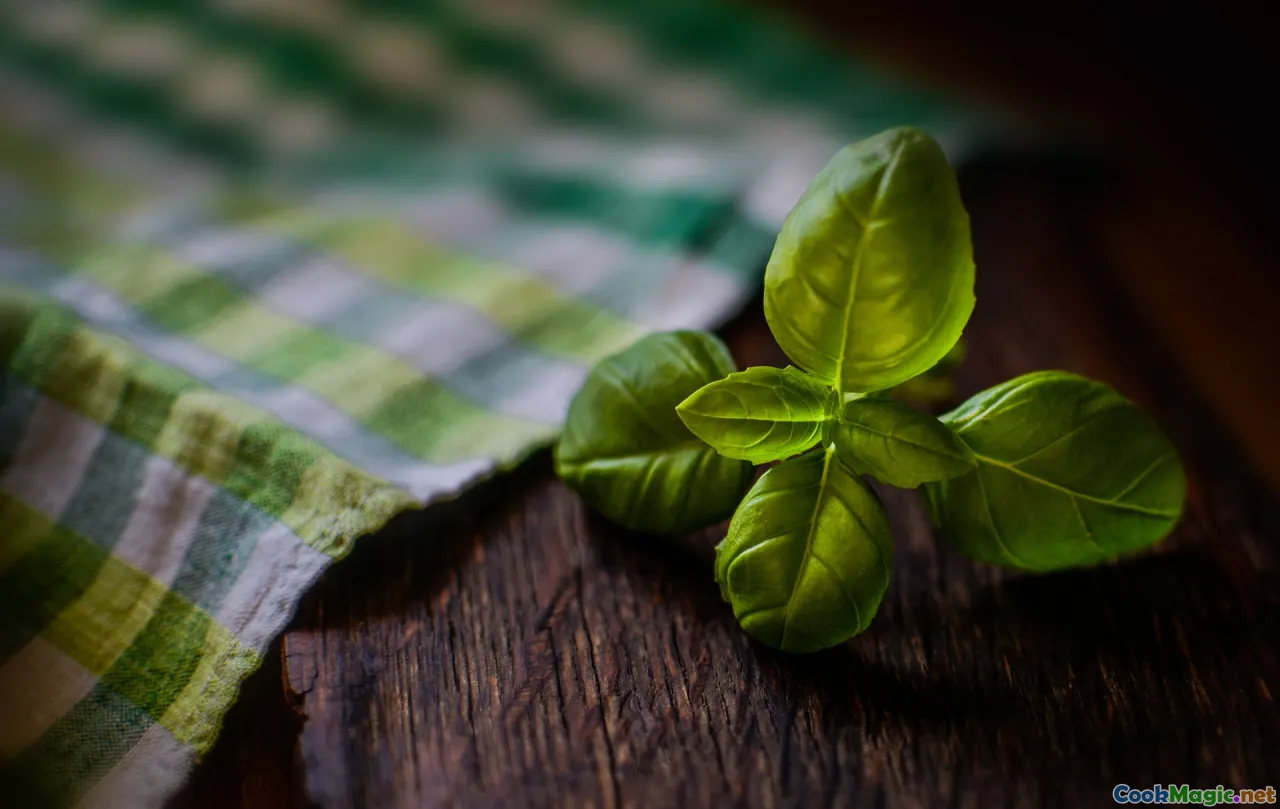
A glance at a pinch of saffron reveals its signature deep crimson rays—each thread a tiny masterpiece of nature. When infused into warm liquids, saffron releases an intoxicating aroma that is floral, honeyed, and slightly hay-like, with whispers of earthiness. Its color-stained infusion bathes dishes in a radiant golden hue, a visual cue of luxury and refinement.
In Azerbaijan, saffron’s sensory profile is cherished not only for its aesthetic appeal but also for its ability to deepen and unify complex flavors—balancing sweetness, acidity, and spice. Its aromatic essence finds a perfect collaborator in ingredients like lamb, rice, and dried fruits, making every dish a layered tapestry of taste and aroma.
Signature Azerbaijani Dishes Highlighting Saffron
1. Piti with a Saffron Twist
Piti, a slow-cooked lamb stew with yellow apricots, chickpeas, and herbs, is a rustic Azerbaijani delicacy, traditionally prepared in individual clay pots. While saffron is not a standard ingredient across all regions, many cooks in Sheki and Baku add a pinch to the broth during simmering.
The saffron’s infusion lends a subtle warmth and depth, enveloping the tender lamb and fragrant apricots with a golden-infused aroma that permeates the senses. The result is a dish with a luminous appearance and a complex flavor profile—meaty, sweet, and slightly bitter—all harmonized by saffron’s finesse.
2. Plov (Azerbaijani Pilaf) with a Saffron Infusion

No discussion of Azerbaijani cuisine is complete without mentioning plov. This rice pilaf is a national treasure, often cooked with lamb, carrots, and fragrant spices. The secret to transforming an already aromatic dish lies in saffron.
Before cooking, a generous handful of saffron threads is steeped in warm water to produce a vivid golden infusion. The rice, infused with saffron, develops an amber hue—almost like liquid gold—richly aromatic and visually stunning. As the grains cook, their fluffy texture absorbs saffron’s floral aroma, elevating the dish beyond mere comfort food into an art form.
3. Dovga – The Saffron-Infused Yogurt Soup
Dovga is a traditional Azerbaijani yogurt and herb soup, often served as a refreshing appetizer or for healing purposes. A dash of saffron added during the simmering process enriches the broth, imparting a delicate floral aroma that complements the tangy yogurt and fresh herbs.
Saffron’s subtle warmth melds harmoniously with dill, mint, and cilantro, creating a meditative balance between acidity and earthiness. Many Azerbaijanis cherish this for its soothing qualities—especially in colder months, offering comfort in every spoonful.
Culinary Techniques for Maximizing Saffron’s Potential in Azerbaijani Cooking
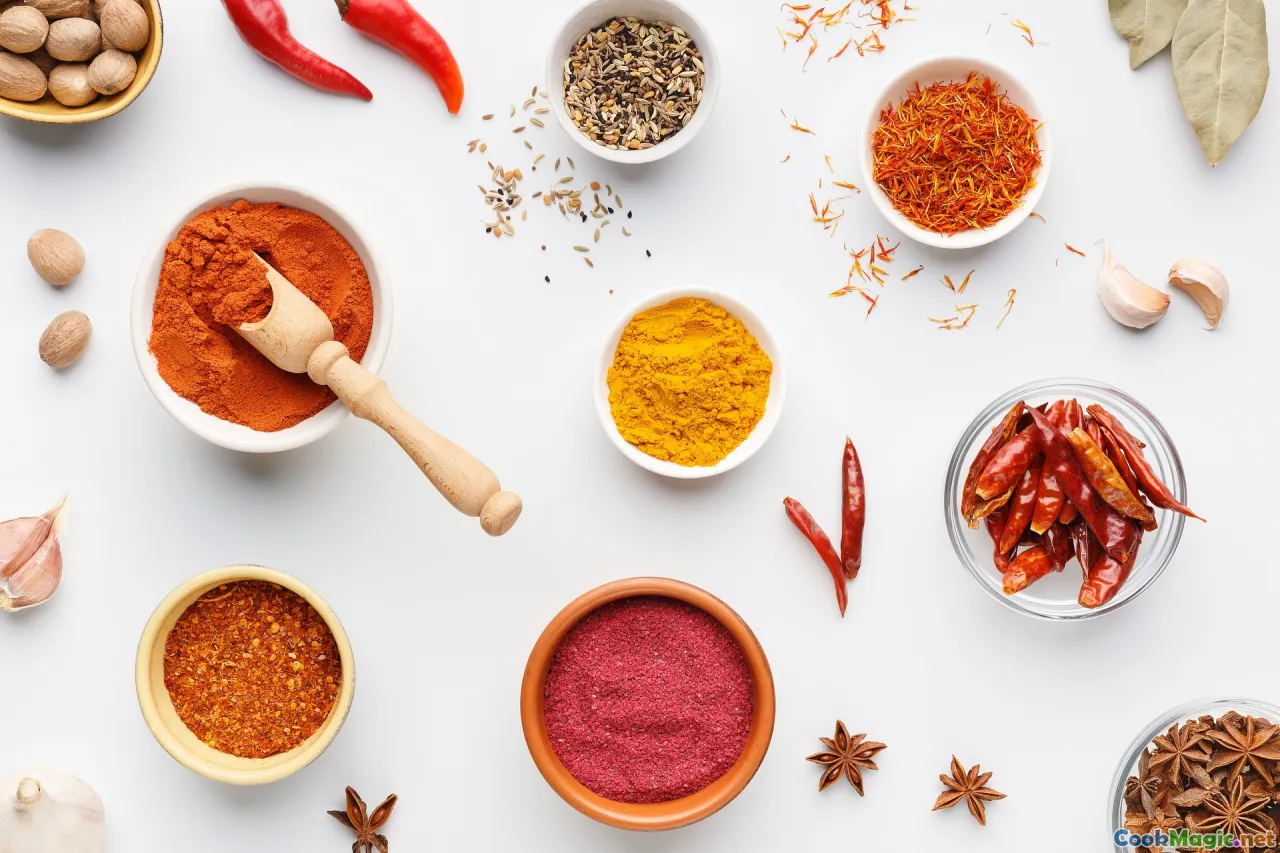
To truly appreciate saffron’s subtle nuances, the method of preparation matters deeply. Here are some tips that Azerbaijani cooks—and adventurous chefs—use to unlock its full potential:
- Pre-soaking: Always steep saffron threads in warm water or milk for at least 15–20 minutes to release their full aromatic properties and color, rather than adding them directly to dishes.
- Gradual infusion: Incorporate saffron infusion early in the cooking process for rice and stews, allowing the flavors to permeate thoroughly.
- Quality over quantity: Use high-quality, preferably hand-harvested saffron threads. The intensity and depth of flavor depend greatly on the saffron’s purity and source.
- Pairing principles: Match saffron with hearty ingredients like lamb, dried apricots, pistachios, and rice to highlight its subtle elegance.
Comparing Saffron with Other Spices: A Cultural Conversation

In Azerbaijani kitchens, saffron often stands alongside other rich spices such as cinnamon, sumac, and turmeric. While turmeric offers a bright, earthy color and mild flavor, saffron’s ethereal aroma and complexity set it apart. Cinnamon adds warmth but lacks saffron’s delicate floral lift.
Interestingly, in some regions, saffron is used sparingly, accentuating dishes without overpowering, much like a whisper that elevates the song. This contrasts with more exuberant spice blends in neighboring cuisines, hinting at Azerbaijan’s refined palate.
Personal Insights: A Saffron-Empowered Culinary Memory

I remember the first time I tasted plov infused with saffron in a small Baku family restaurant. The warm golden grains, glistening from the infusion, had an almost hypnotic glow, but it was the aroma that truly captivated me—the intoxicating blend of honeyed floral notes and toasted rice intervened with faint traces of saffron’s signature bitterness.
That experience revealed saffron’s power: it wasn't just about flavor, but about evoking tradition, hospitality, and the deep-seated appreciation of beauty in Azerbaijani culinary culture. Since then, saffron has become a symbol of celebration, used thoughtfully to craft dishes that carry stories and legacy.
Exploring Saffron Across Azerbaijani Regions
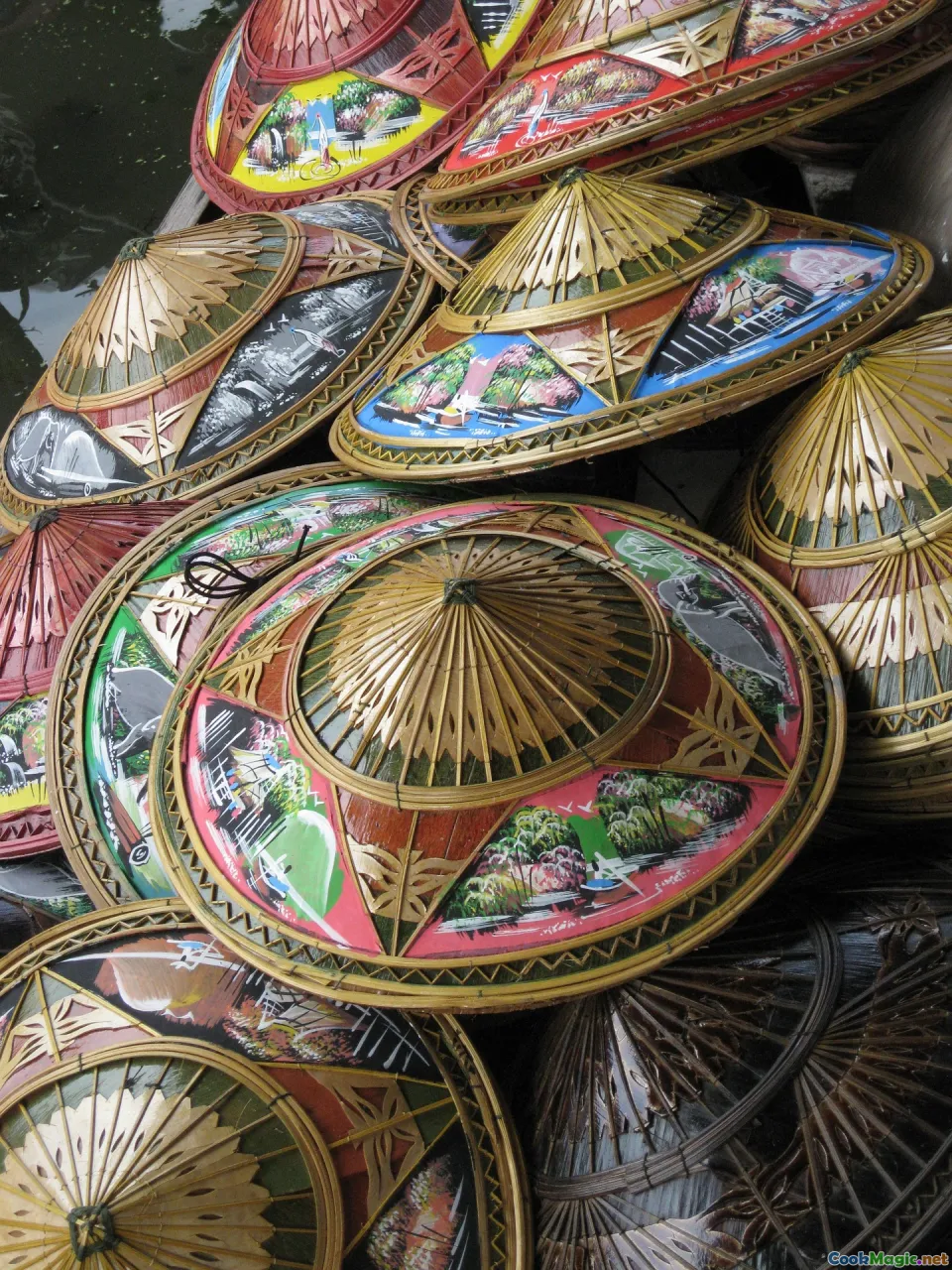
Different regions in Azerbaijan showcase saffron’s versatility:
- In the northern foothills around Gabala, saffron is often woven into hearty stews and bread, echoing mountain traditions.
- In the southern lowlands near Lankaran, saffron flavors the lush rice and seafood dishes, blending with local herbs.
- In Baku’s vibrant markets, you can find saffron threads sourced from Iran, Turkey, and local growers—each lending a subtly different character.
These regional nuances reflect Azerbaijan’s culinary geography—diverse, layered, and infused with saffron’s signature elegance.
Saffron Storage and Ethical Sourcing: Tips for the Home Chef
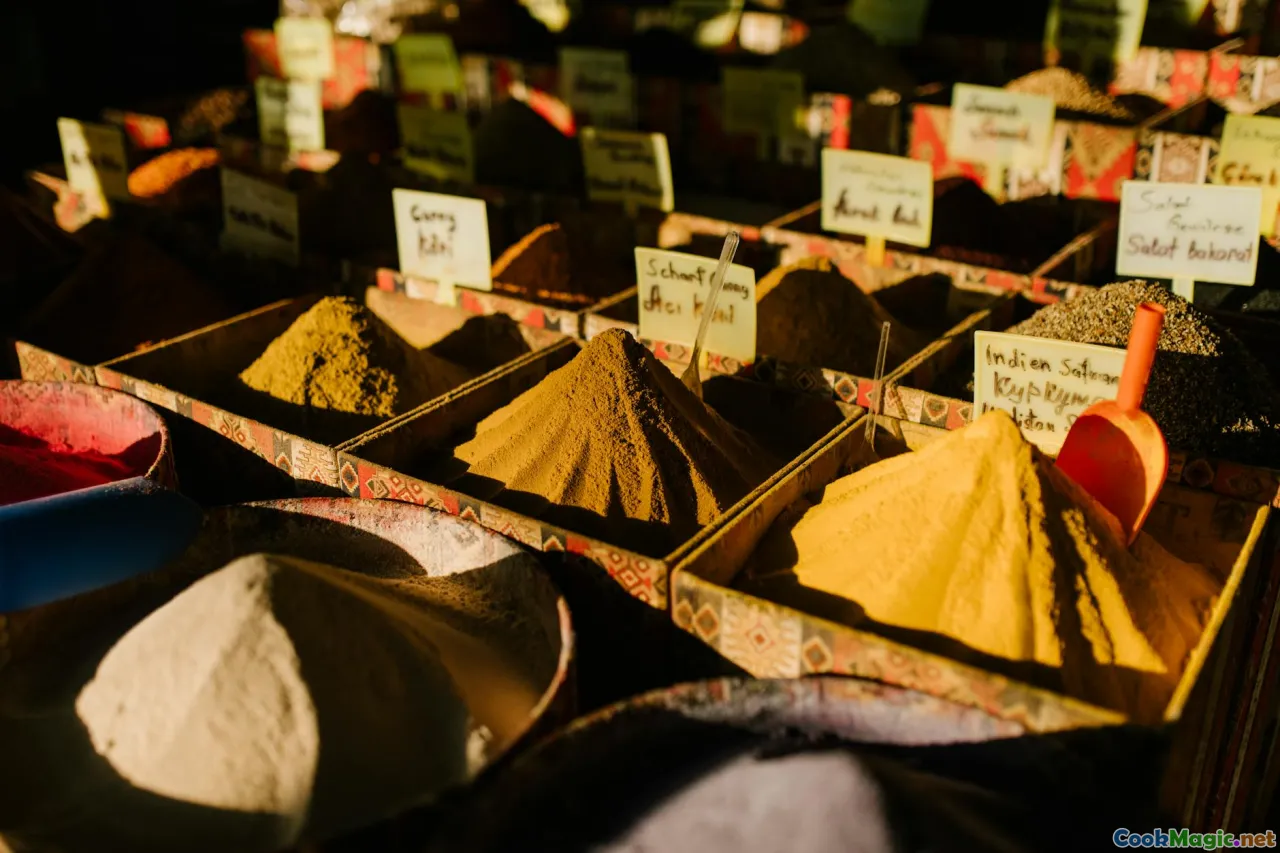
Maximize saffron’s longevity by storing sealed in an airtight container, away from light and moisture. Ground saffron loses potency faster than threads, so it’s best to invest in whole threads and prepare fresh infusions.
Sourcing saffron ethically is equally vital. High-quality saffron labs adhere to sustainable harvesting practices, ensuring that the tiny stigmas are picked by hand without damaging the crocus flowers. Be wary of counterfeit saffron—look for deep crimson threads and perfume-like aroma.
Final Reflection: The Spirit of Saffron in Azerbaijani Culinary Identity
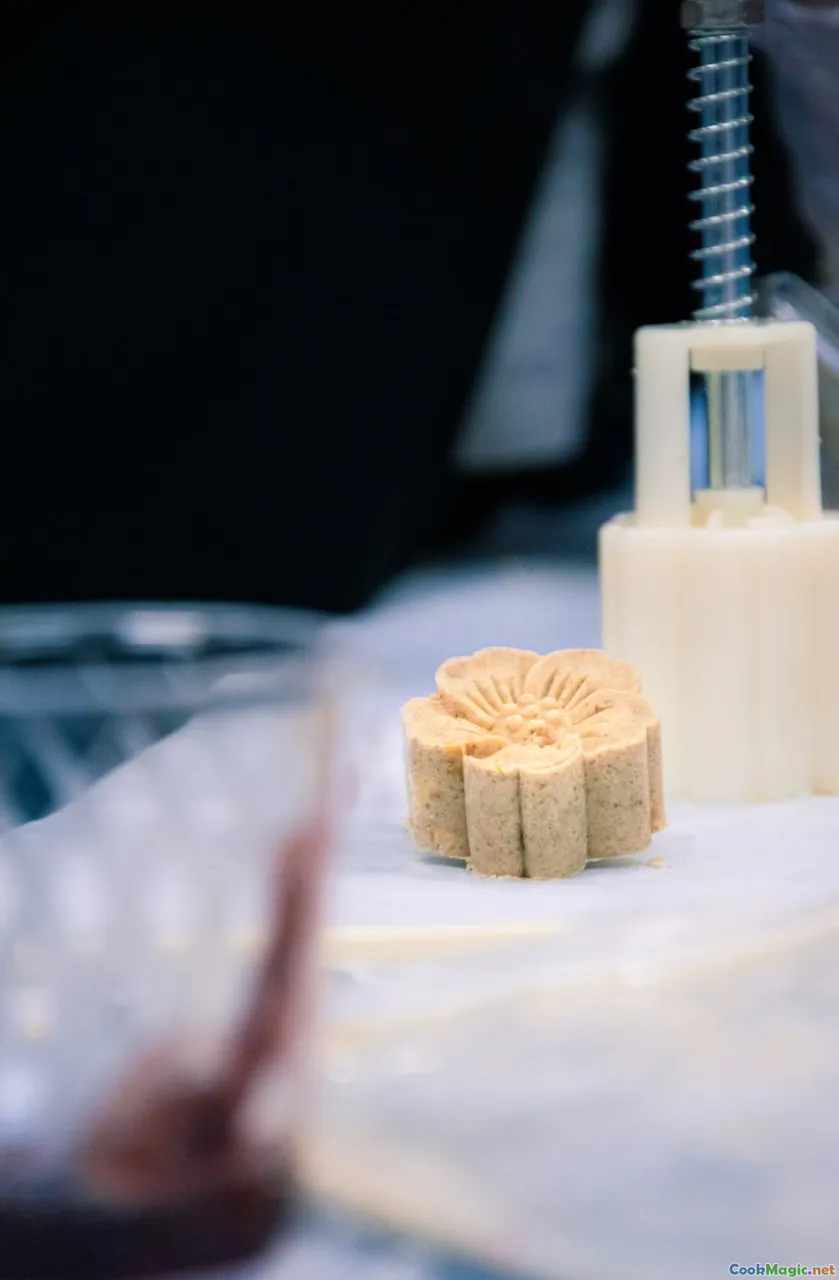
Saffron remains a captivating phrase in Azerbaijan’s cookbook of cultural heritage. It embodies patience, artistry, and a generous spirit—values embedded in every thread. When sprinkled into dishes, it transforms them from everyday fare into culinary celebrations—symbols of Azerbaijani hospitality, history, and artistry.
In every drizzle of saffron-infused broth and every crown of saffron-scented pilaf, we taste the depths of a landscape that has long cherished its flavors, stories, and traditions. For every food lover exploring Azerbaijani cuisine, saffron offers a doorway into a world where every meal is a sacred ritual, flavored with history and woven with love.









